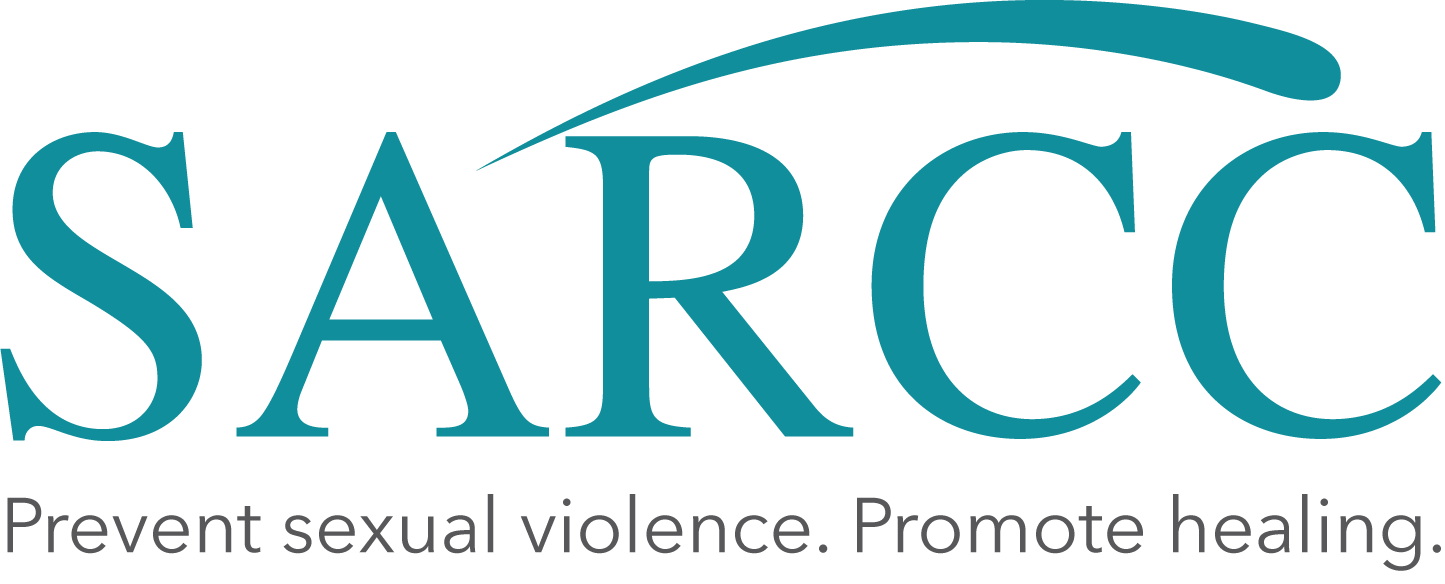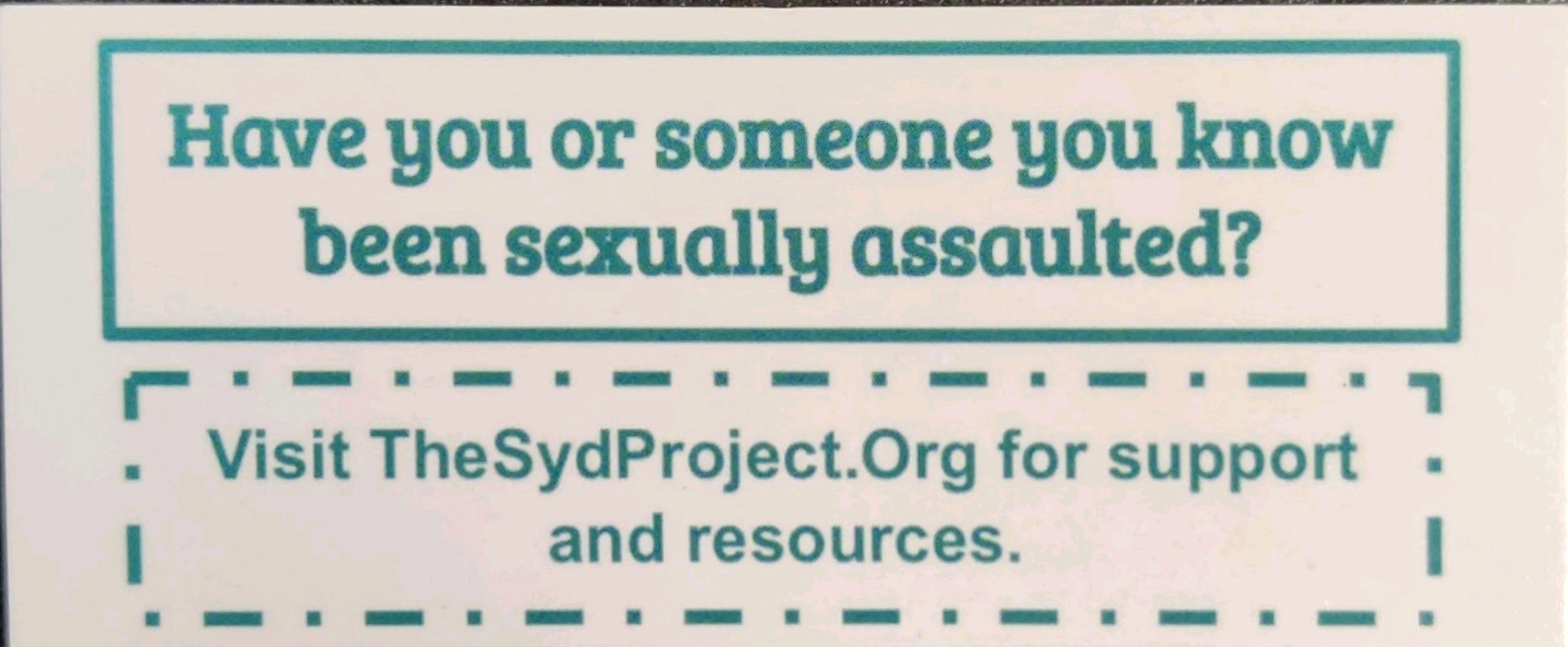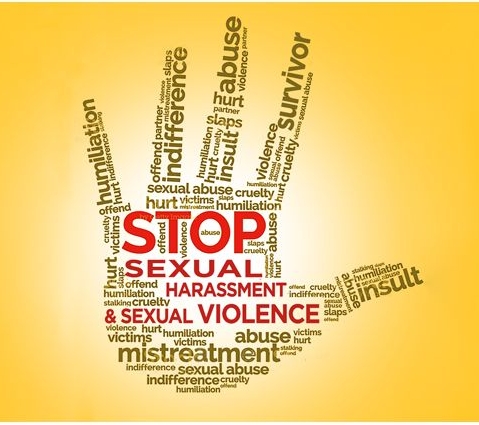Self-disclosures are a touchy subject in this line of work. There’s a tricky grey area of letting someone know “I’ve been there, too” but “This is not about me at all.”
Self-disclosure—I used sexual assault center services in the past.
When I was in college, I knew things weren’t okay in my life. I was torn between newly found safety where I could shout from the rooftops who I really was but also wanting to hide from ever talking about it. The safety part won out quickly and I sought counseling. My first counselor on campus was a nice person but was not a good fit for me. I felt like there was something wrong with me. Who fails at counseling?
I called the local sexual assault center. I was dizzy as I explained the situation, very confused how a place like this could even exist. Does this happen often? I’m not the only one? I can’t go through my insurance. Will you tell anybody? I’m going to date myself here—this was before telehealth and I panicked about transportation, but was told a counselor could meet with me on campus. My fears were acknowledged as real but solutions were presented to me. I kept thinking how it wouldn’t work out. I tried to make reasons in my head for it not to work. I kept thinking how I was damaged beyond repair. I thought about not meeting up with the new counselor.
But I showed up and continued to do so every week for almost two years.
I had no idea how this pouring out my heart out to a stranger worked, but I know I felt better every time I did. I remember going back to my dorm room being exhausted because things started to slowly make a little more sense. Did that counseling/advocacy solve all of my problems? No. But did it put me in a place where I could do some deeper work on myself. I learned to feel my feelings rather than numb. I learned coping skills to replace unhealthy habits. I found a voice. I started to be myself and gained interests and understood my needs. I saved my life.
I will forever be grateful for the free services that agency provided and the opportunity to heal. I will forever be grateful for that advocate’s willingness to help some bumbling college student work through her stuff and teach her some basic skills and identify her needs. I will forever be grateful for the person who treated me with kindness for that initial hotline call—many of the same things I try to bring to my clients in my role on the other side of this process.
Healing is possible, and you might be surprised at who is able to claim that as their own personal story and mission.
SARCC #CounselorBlog contributed by Sexual Assault Advocacy Coordinator, Alicia Rathosky.



